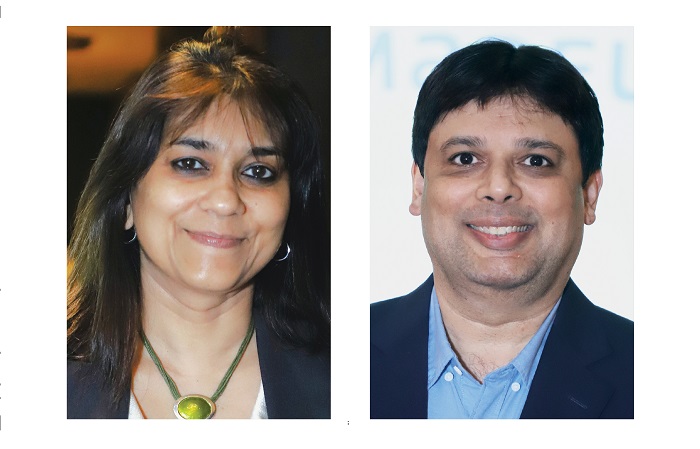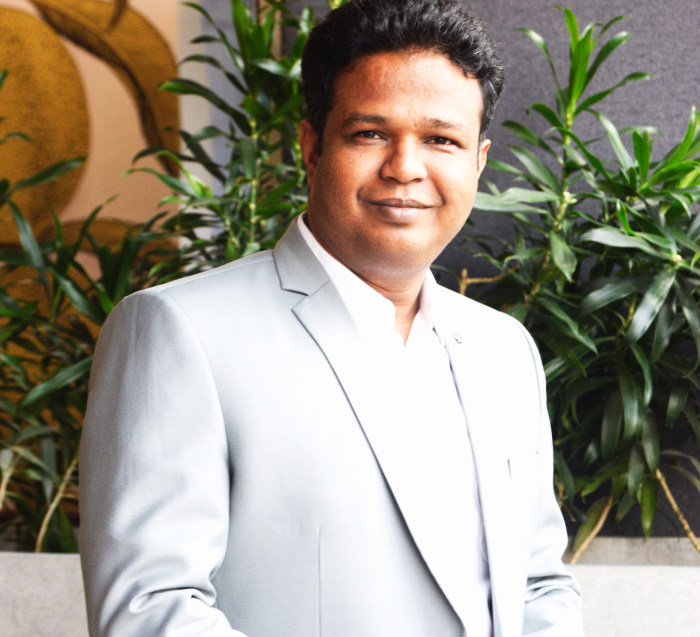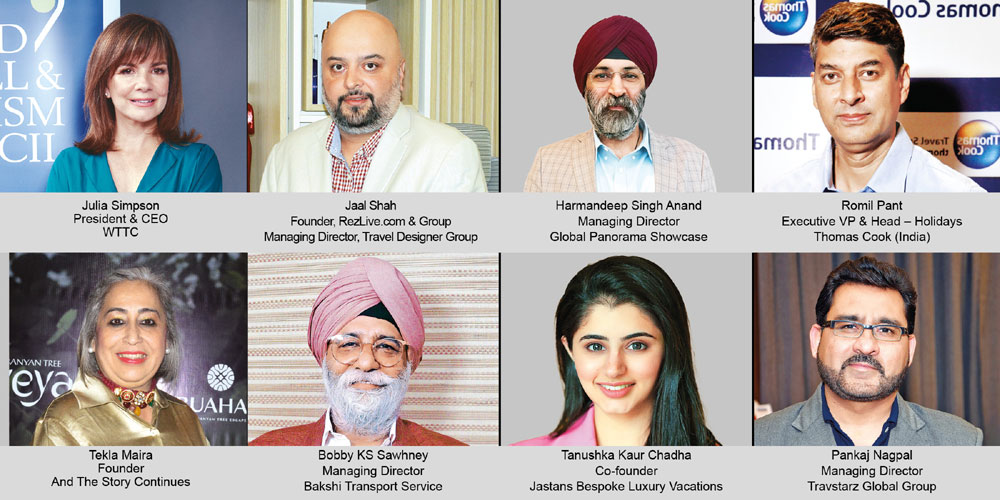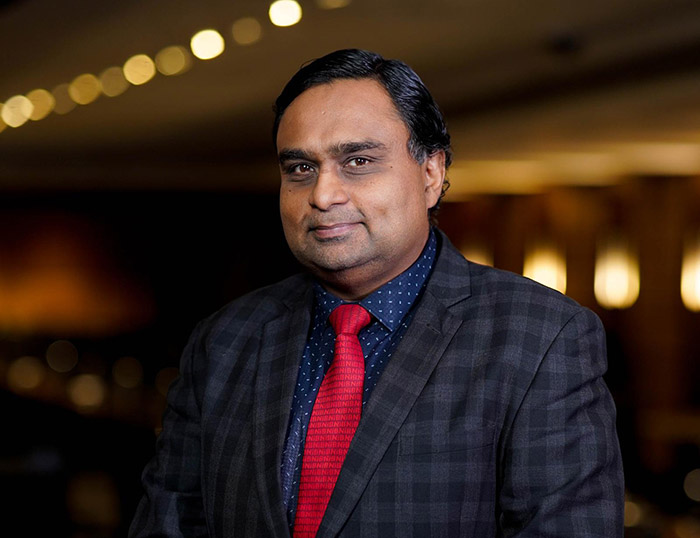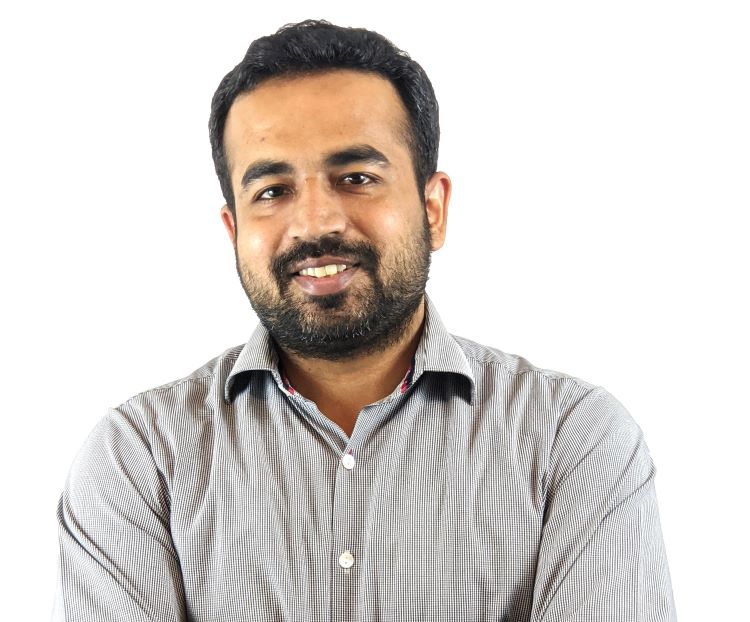Sarah Samuel, Head of Airport IT—Asia Pacific, Amadeus and Rajesh Suri, Executive Vice President—Business Development, Bird Group, talk extensively about the launch of Amadeus’ Airport Common Use Service (ACUS) for India, in an exclusive interview with TRAVTALK.
TT Bureau
Q How can ACUS be a game changer for airport technology in India?
Sarah: Amadeus ACUS gives airports in India operational flexibility, previously unheard of in Common Use. Until now, check-in and bag-drop in India has been confined to the airport. With ACUS, this is no longer the case. Using ACUS’ cloud-based platform, travellers can check-in and perform bag-drop off-site at a hotel, convention centre or train station. Agile and adaptable ACUS can be used on any device, including laptops and relocatable devices with a 3G, 4G or Wi-Fi connection. This means CUSS kiosks at the airport no longer need to be fixed. They can be mobile, located and relocated to match passenger flow.
Rajesh: ACUS brings a smart, futuristic, efficient and convenient cloud based check-in service for airports. This is increasingly important as the number of international and domestic travellers is set to grow. The architecture of Amadeus ACUS allows ‘fixed’ check-in desks to be rapidly deployed anywhere in the terminal, as well as to ‘off site’ locations. This enables the airport to work with increased passenger capacity and meet short notice and seasonal fluctuations where required.
Q After launching ACUS in India, what will you be focusing on now for the India market?
Sarah: We will focus on introducing airports and airlines in India to ACUS and on communicating the benefits for both.
Q Have you launched ACUS in any other country?
Sarah: ACUS is now live across the world. We have customers in Europe, North America and Asia, including Hong Kong International Airport, Copenhagen Airport (Denmark), Perth Airport (Australia) and 16 Avinor Group Airports (Norway).
Q What was the outcome of the Common Use Round Table event held recently in New Delhi?
Sarah: This was the first time a Round Table event dedicated to Common Use technology was held in India by Amadeus and Bird Group. With participation of representatives from airlines and airports across India, a dialogue was opened regarding Common Use technology. We look forward to continuing this dialogue, and working with airlines and airports to ensure all can benefit from ACUS.
“Using ACUS’ cloud-based platform, travellers can check-in and perform bag-drop off-site at a hotel or convention centre” – Sarah Samuel, Head of Airport IT—Asia Pacific, Amadeus
“The adoption of ACUS will allow airports to eliminate costly on-site systems and lower their operational expenses” – Rajesh Suri, Executive Vice President—Business Development, Bird Group
Q What was the response from representatives of the aviation industry from India on ACUS?
Sarah: The Indian travel industry is going through a transformative period as it adapts to the dramatic growth in passenger numbers. Indian airlines and airports are looking for new and innovative solutions to manage that growth. ACUS is just such a solution, so the interest was high.
Rajesh: We are pleased to say that the Round Table was a great success. We talked to the aviation experts from airports and the airline community and the feedback of bringing in this change has set an exciting and futurist road ahead.
Q Indian airports are already testing facial recognition technology at airports and undertaking other initiatives to offer a seamless experience for passengers. How do you think Amadeus and its technology could play a role there?
Sarah: Biometrics will play a key role in Indian airports of the future. Amadeus is already making advancements in biometric technology, for example, in a recent pilot programme with Lufthansa at LAX in the USA, we were able to board 350 guests onto an A380 in just 20 minutes, using biometric technology. I could definitely see this technology applied to airports in India. A limitation of biometric technology at airports, however, is that right now travellers are still required to be on-site at the airport. With ACUS, processes can take place off-airport, so passengers can complete tasks such as check-in and bag-drop before they even reach the airport.
Q How can airlines benefit from ACUS?
Sarah: As the ACUS platform is a ‘single platform’, we only need to implement or deploy Airline Applications once – we are not trying to maintain compatibility between multiple legacy technology platforms that are in service at multiple airports. Consequently, our speed of deployment for Airlines is much simpler, faster and cheaper than other platforms.
Rajesh: One of the key highlights of the Common Use Round Table was being able to showcase a 26% reduction in costs at Perth Airport, Australia – the first airport globally to adopt ACUS. The adoption of ACUS will allow airports to eliminate costly on-site systems, lowering their operational expenses and minimising their environmental impact. Given this, we belive that airports in India will be encouraged to evaluate and embrace this new technology.
Q What role could ACUS play in the Digi Yatra scheme of Government of India, where technology is used to offer a seamless experience to passengers in India?
Rajesh: With ACUS and an active internet connection, passenger processing services can be easily extended to include off-airport locations such as hotels, convention centres, train stations and even cruise liners. ACUS can be used on any device including laptops and relocatable devices. ACUS brings new-generation, multiple choice and enhanced check-in services for passengers, further enhancing a seamless travel experience in airports.
Q What kind of response did you get from aviation experts at the Common Use Round Table?
Rajesh: Airports and airlines around the world are looking at how new technologies and solutions can improve passenger experience and operations in the airport whilst simultaneously reducing costs. It is no different in India, and with all eyes watching our market, we believe this Round Table showcased the myriad benefits of ACUS and why India should consider moving to this platform.
Q What kind of challenges is ACUS likely to face in India?
Rajesh: Let’s take a look at the iPhone which also uses cloud based technology. When it first arrived in India, there was a lot of resistance. Now everyone uses the iPhone without a second thought! We could, therefore, look at ACUS in the same way. When we had first started talking to airports, there was a real resistance for change. However, we have since then been on a serious mission to create awareness and educate the community in this market. We had a packed room at our event, given this we believe that ACUS will be adopted in India and prove to be a great success.
 TravTalk India Online Magazine
TravTalk India Online Magazine

